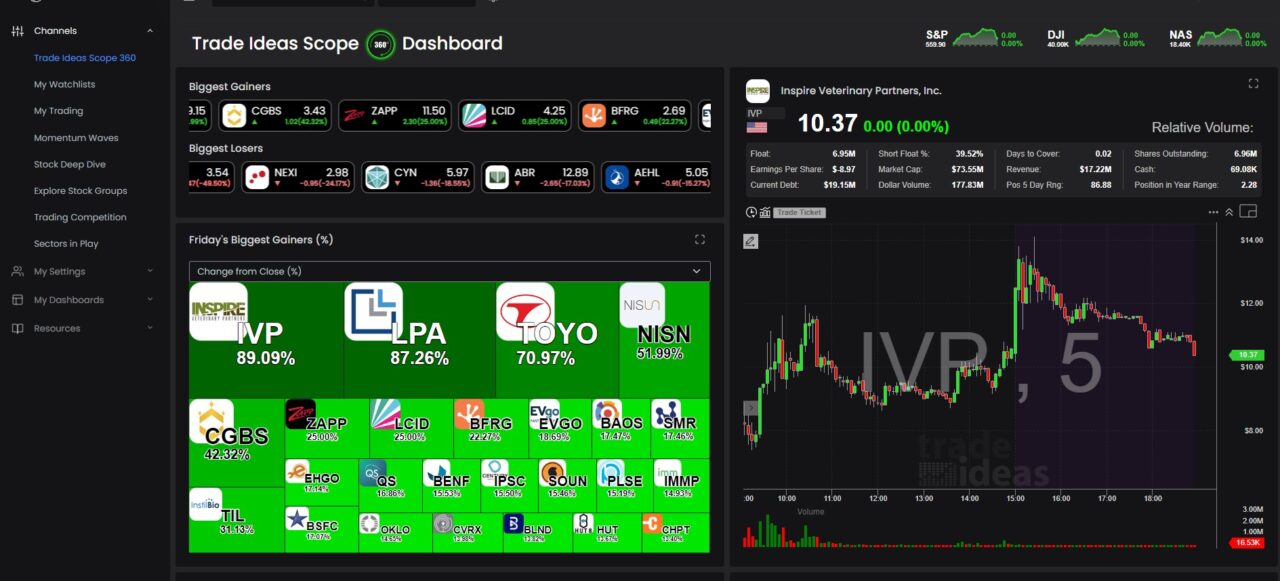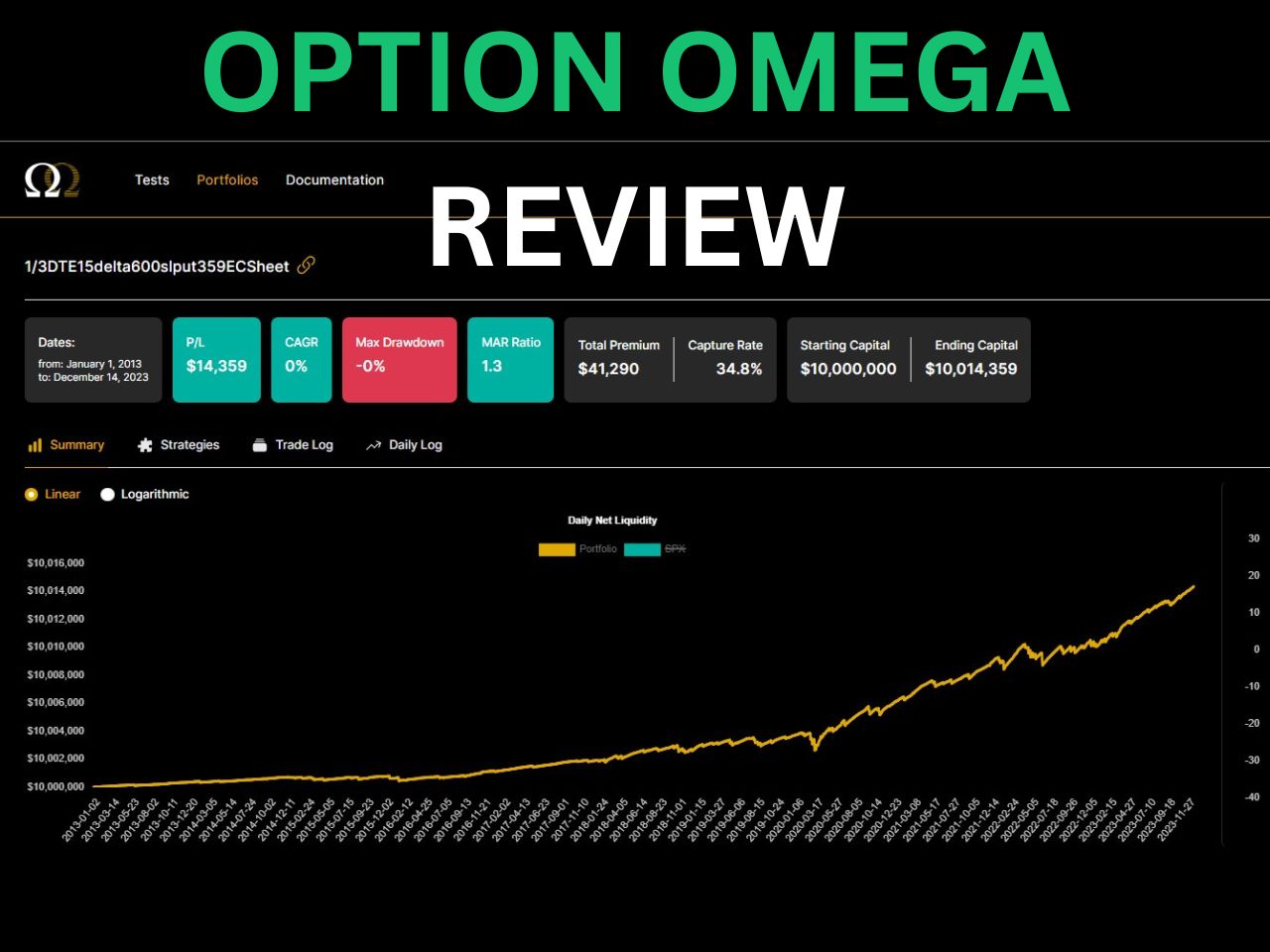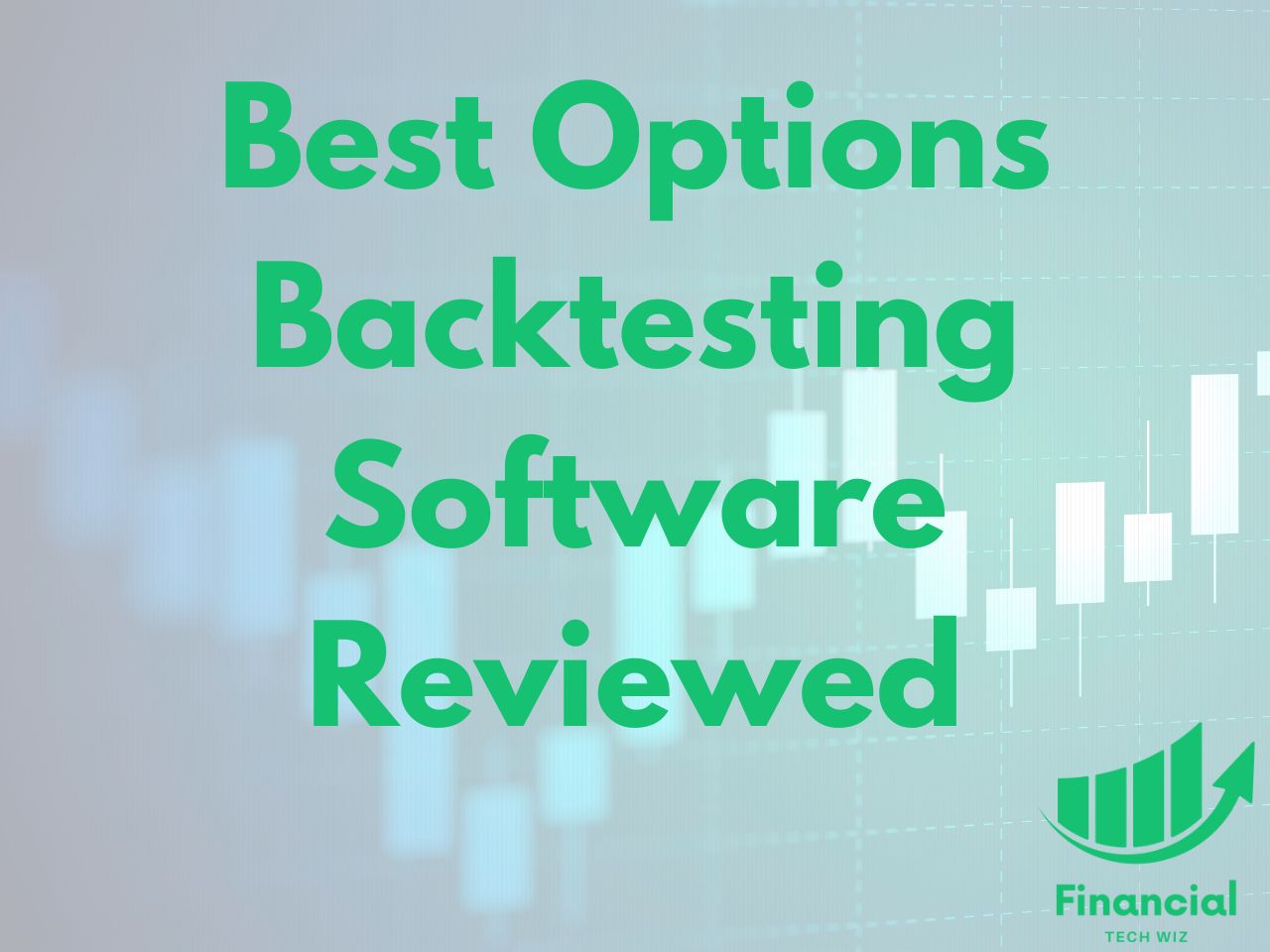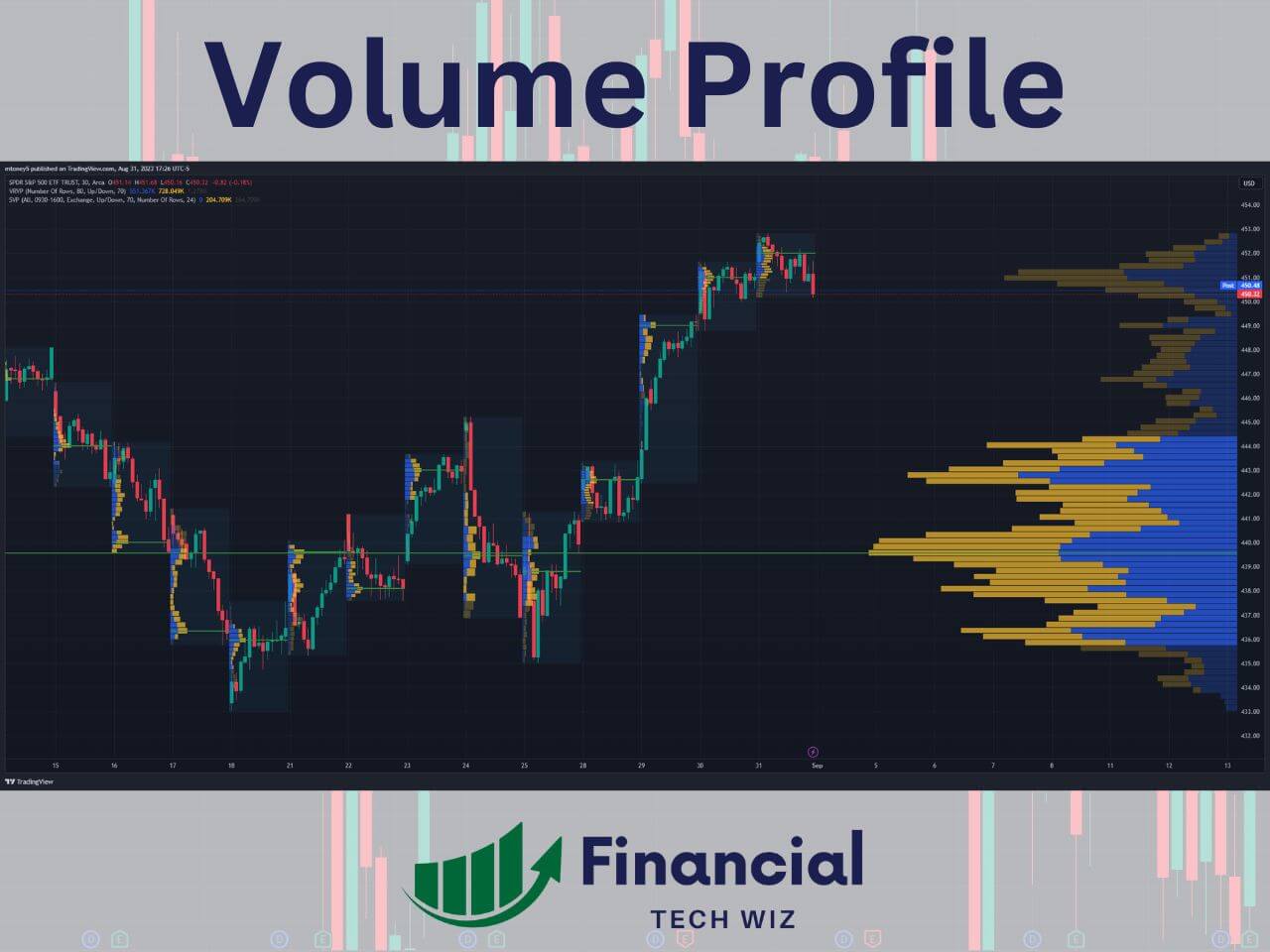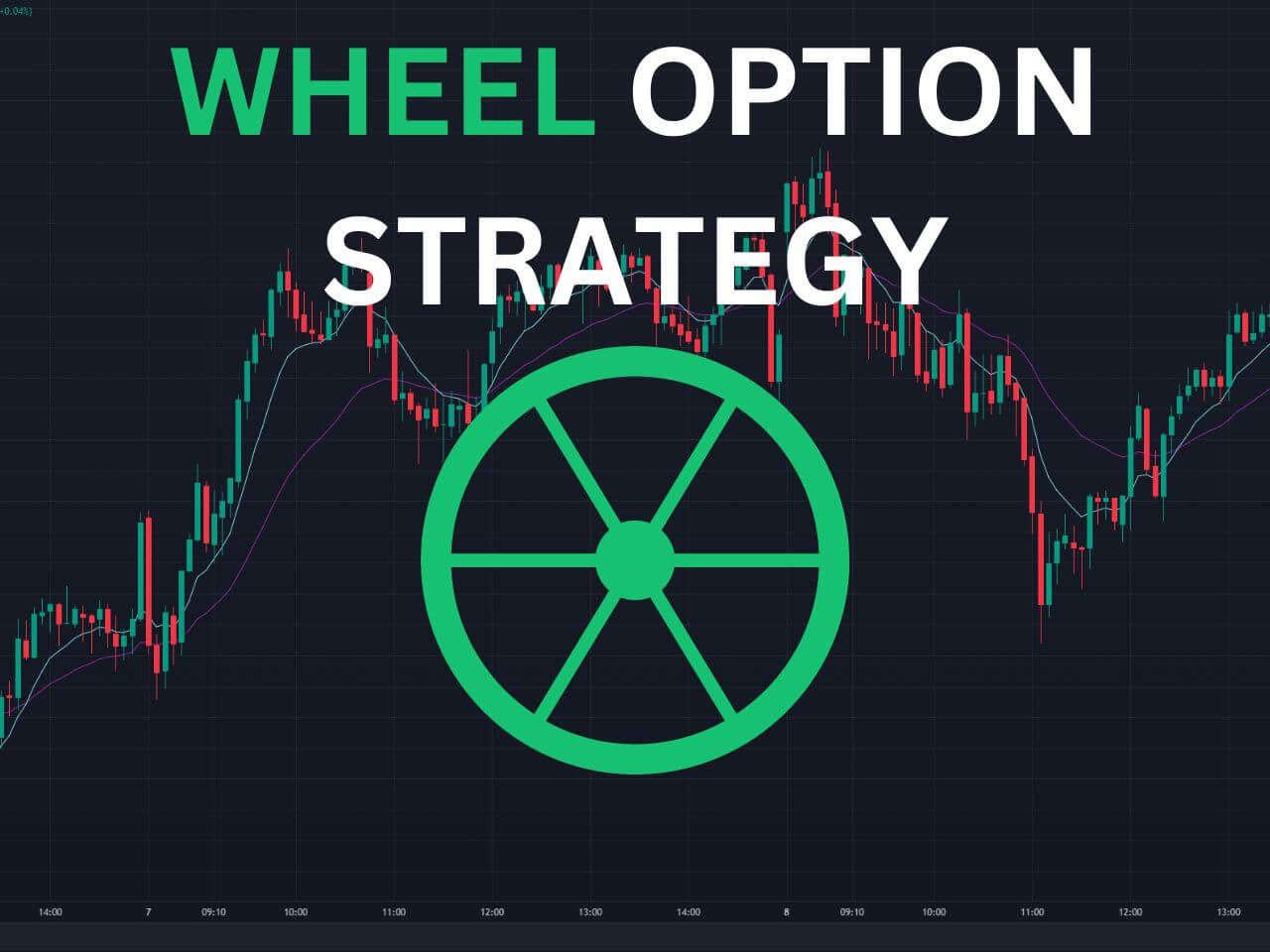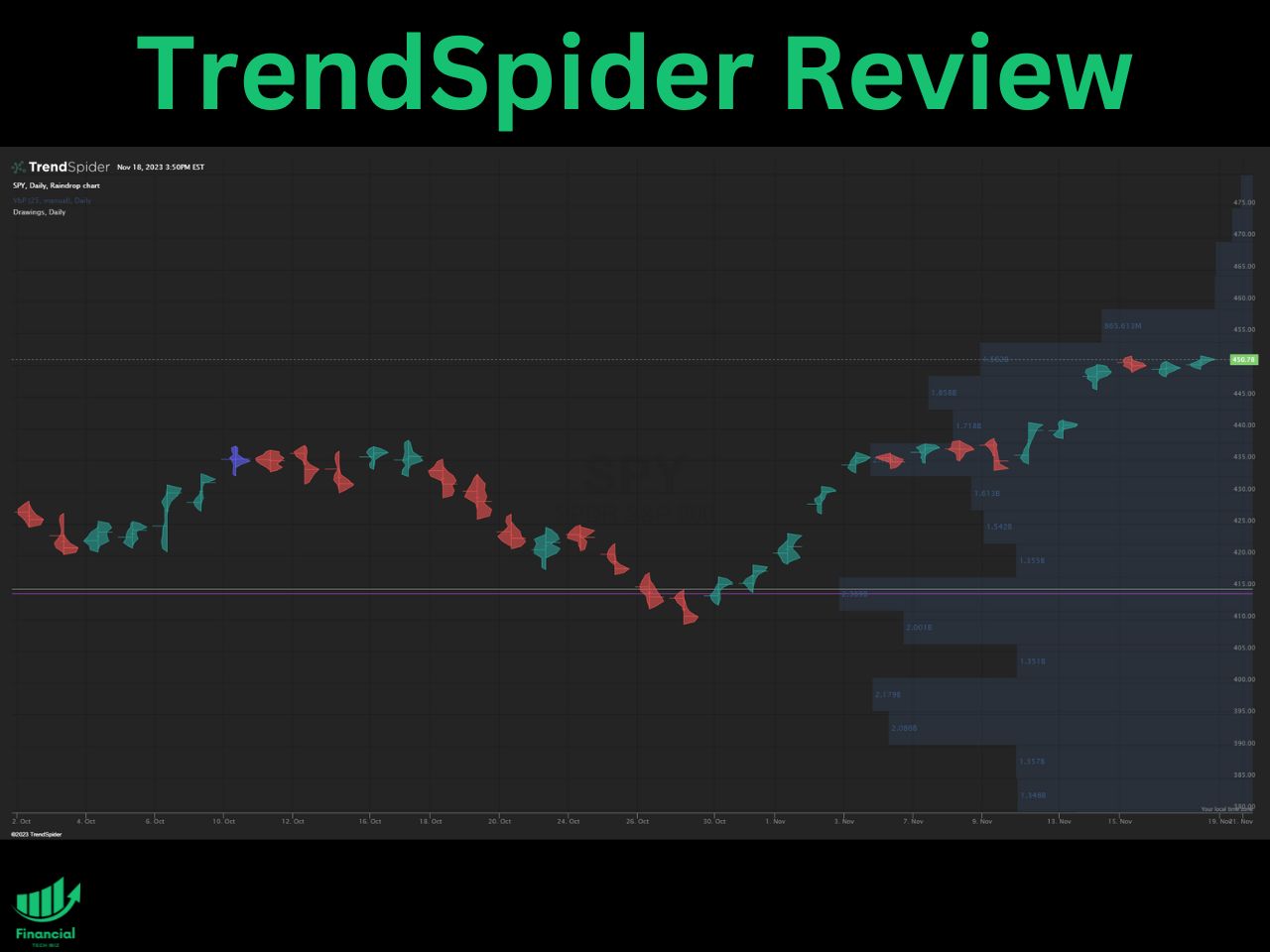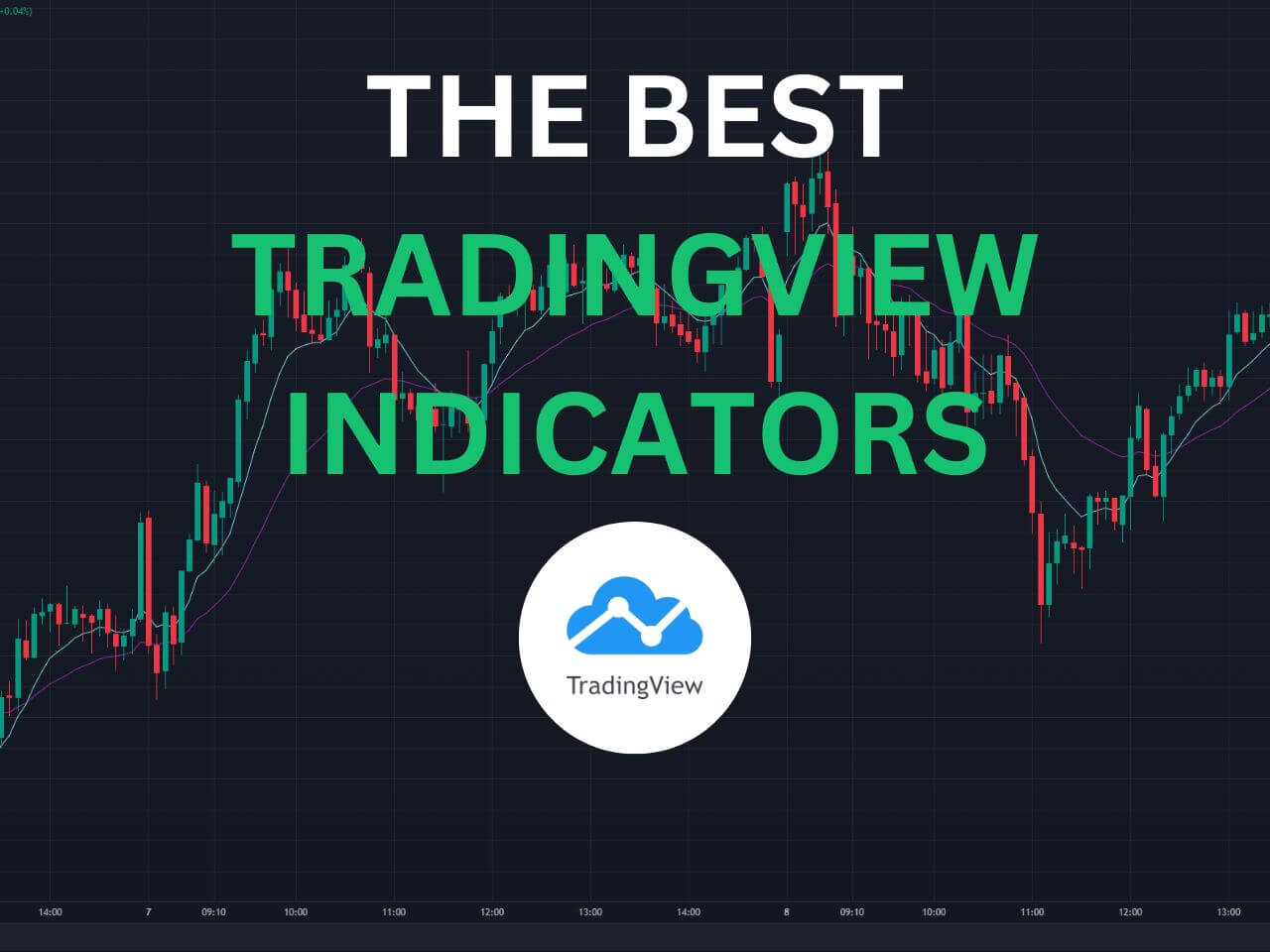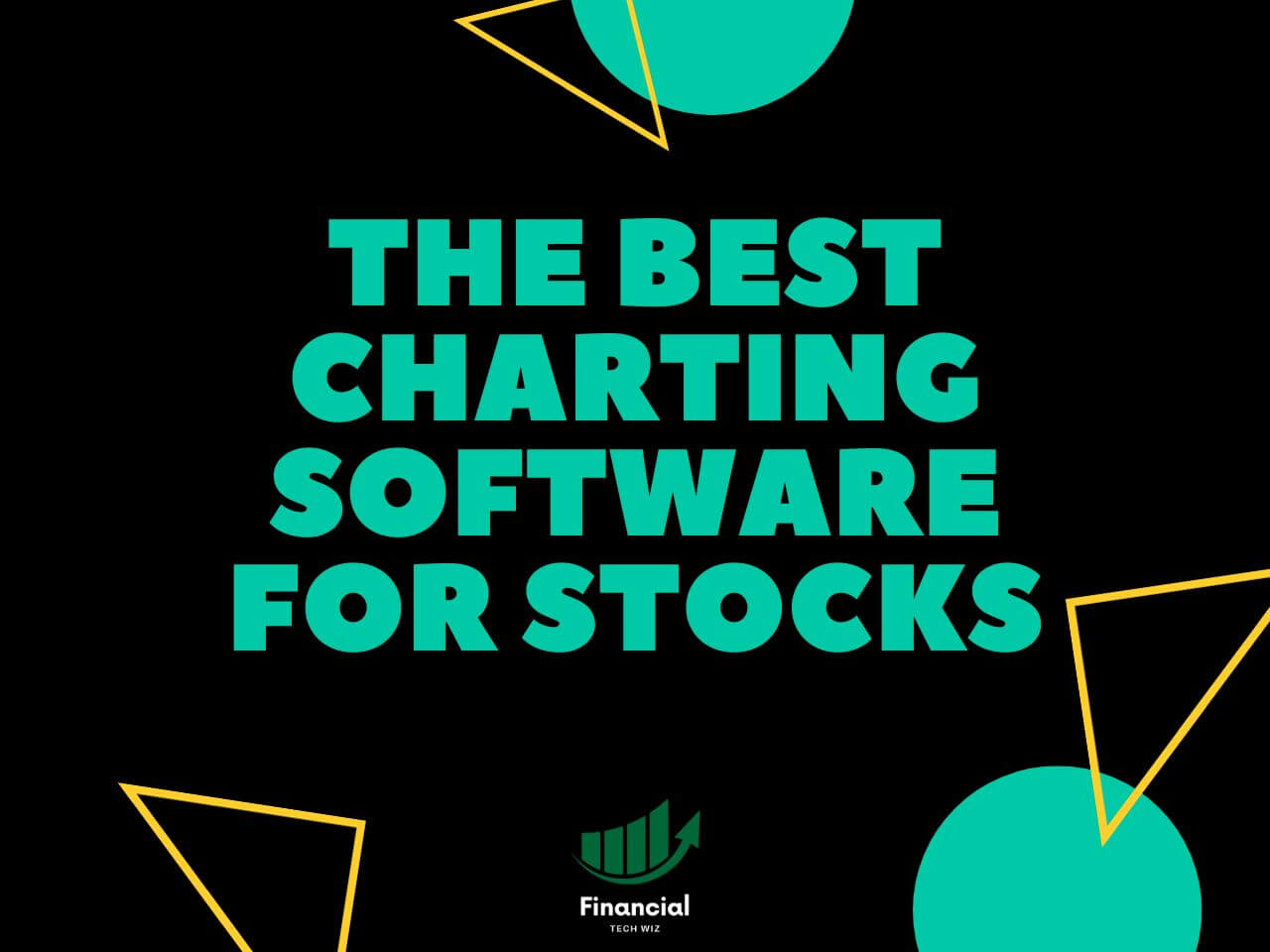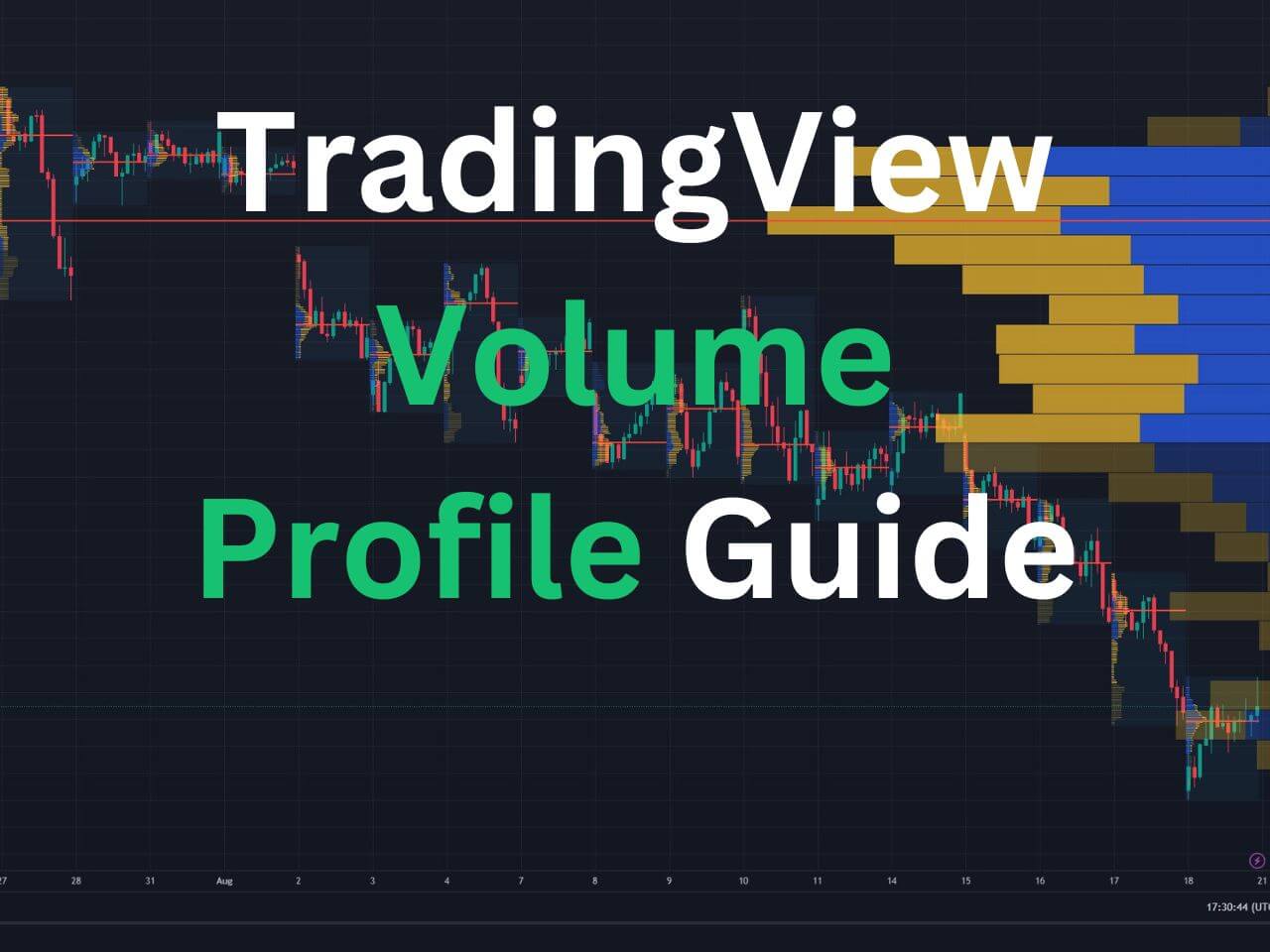OpEx is a term that has several different meanings in stocks and finance. Depending on the context, it can refer to option expiration, operating expenses, or operating expenditures.
In this article, we will explain what OpEx means in each of these scenarios and how it affects traders, investors, and businesses.
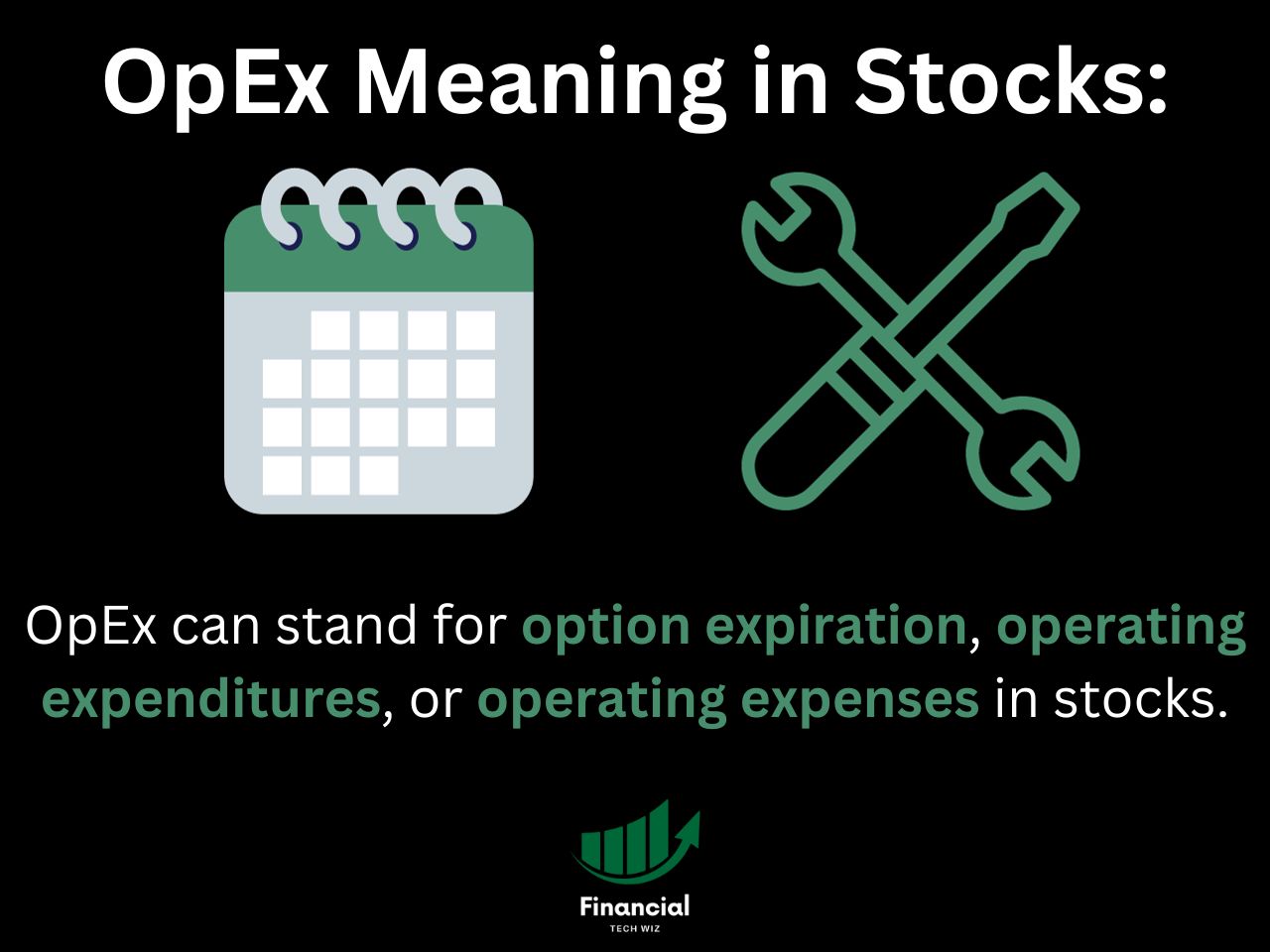
What is OpEx in Stocks (Option Expiration)
In the context of stocks, OpEx stands for option expiration. Options are contracts that give the buyer the right, but not the obligation, to buy or sell an underlying asset at a specified price before or on a certain date.
There are several types of derivatives that expire, including stock options, index options, futures, futures options, and more. OpEx is generally used to describe monthly expiration dates, which occur on the third Friday of each month.
However, there are also options that expire each day, called 0DTE options (zero days to expiration), as well as weekly options. This means that practically every day is technically an option expiration day. However, the main ones are the monthly OpEx and triple witching OpEx.
What is Triple Witching (Formerly Quadruple Witching)
Triple witching is when stock index options, stock index futures, and stock options expire simultaneously on the same day. This event occurs four times a year, once each quarter, on the third Friday of March, June, September, and December.
Trading volume may surge during a triple witching date since many traders are rolling option contracts forward or closing their positions before expiration. The most common trade that people refer to during triple witching is the JPM quarterly collar trade, which is rolled once a quarter to hedge one of its funds.
Triple witching used to be called quadruple witching when single stock futures were also part of the mix. However, single stock futures stopped trading in the U.S. in 2020 due to low liquidity and regulatory issues. Therefore, quadruple witching is now referred to as triple witching since then.
What Happens on OpEx Days?
Monthly expiration and triple witching dates are significant for traders because there will be a lot of trading volume and activity due to people managing options positions. You can use tools like the max pain to determine which option strike price has the most value open. The max pain is best used on a large stock index like the SPX or SPY.
The max pain is the point where the stock’s price inflicts the most financial damage on all the options holders who own the contracts with that strike price when they expire. This scenario occurs when the stock’s price (the underlying asset) matches the strike price of the options contract at the expiration date.
Generally, it is known that the market makers want the SPY or SPX to expire at or near max pain so that the most options possible expire worthless, causing the maximum amount of pain for traders.
The market makers are the ones who create and sell options contracts to traders and investors. They hedge their risk by buying or selling shares of the underlying stock according to the demand and supply of options.
The HaiKhuu Trading Discord has a free tool that updates the max pain on SPY so you can stay on top of it. You can also use TradingView to track and analyze any market on any device with powerful charts and tools.
What is OpEx in Finance
In finance, OpEx stands for operating expenses or operating expenditures. These are the costs that a business incurs while running its normal operations.
OpEx includes expenses such as salaries, rent, utilities, marketing, maintenance, etc. OpEx does not include costs that are related to capital investments or financing activities.
Capital Expenditures vs. Operating Expenditures (CapEx vs. OpEx)
Capital expenditures (CapEx) are costs that often yield long-term benefits to a company. CapEx assets generally provide value to the business for at least a year. Examples of CapEx include buying property, plant, equipment, software, etc. CapEx assets are recorded as assets on the balance sheet and depreciated over time.
Operating expenses (OpEx) are costs that often have a much shorter-term benefit. OpEx is typically categorized as costs that provide benefits to a company for less than a year. Examples of OpEx include wages, rent, utilities, marketing, maintenance, etc. OpEx expenses are recorded as expenses on the income statement and reduce net income.
Understanding OpEx | Bottom Line
OpEx is a term that has multiple definitions in stocks and finance. Depending on the context, it can mean option expiration, operating expenses, or operating expenditures. Each of these scenarios has different implications and effects for traders, investors, and businesses. Understanding OpEx can help you make better decisions and optimize your performance in the markets.
If you want to learn more about OpEx and other market concepts, you should sign up for TradingView. TradingView is a platform that can help you track and analyze any market on any device with powerful charts and tools. Plus, you can get a free trial and a discount when you use our link to sign up.

FAQ
What is OpEx?
OpEx is a term that has several different meanings in stocks and finance. It can refer to option expiration, operating expenses, or operating expenditures.
What is OpEx in stocks?
In stocks, OpEx stands for option expiration. It is the date when options contracts expire and cease to exist. There are monthly expiration dates and triple witching dates that occur four times a year.
What is OpEx and CapEx?
OpEx and CapEx are two types of costs that businesses incur. OpEx stands for operating expenses or operating expenditures, which are costs that have a short-term benefit. CapEx stands for capital expenditures, which are costs that have a long-term benefit.
What is OpEx in finance?
In finance, OpEx stands for operating expenses or operating expenditures. These are the costs that a business incurs while running its normal operations.
What is OpEx in real estate?
In real estate, OpEx refers to the expenses that owners or property managers incur while maintaining and operating a property. They include costs such as property taxes, insurance, repairs, utilities, etc.
What is OpEx week?
OpEx week is the week when monthly options contracts expire. It usually occurs on the third week of each month. Trading volume may increase during this week as traders adjust their positions before expiration.
What is OpEx day?
OpEx day is the day when monthly options contracts expire. It usually occurs on the third Friday of each month. Trading activity may be higher on this day as traders close or roll their positions before expiration.
What is OpEx options?
OpEx options are options contracts that expire on a monthly basis. They are also known as monthly options or standard options. They have more liquidity and volume than weekly or daily options.
What is OpEx in trading?
In trading, OpEx refers to option expiration. It is the date when options contracts expire and cease to exist. Traders need to be aware of OpEx dates because they can affect the price and volatility of the underlying assets.


